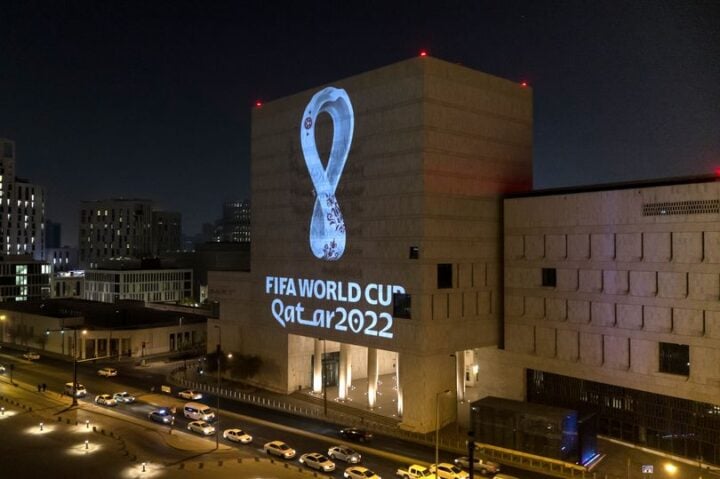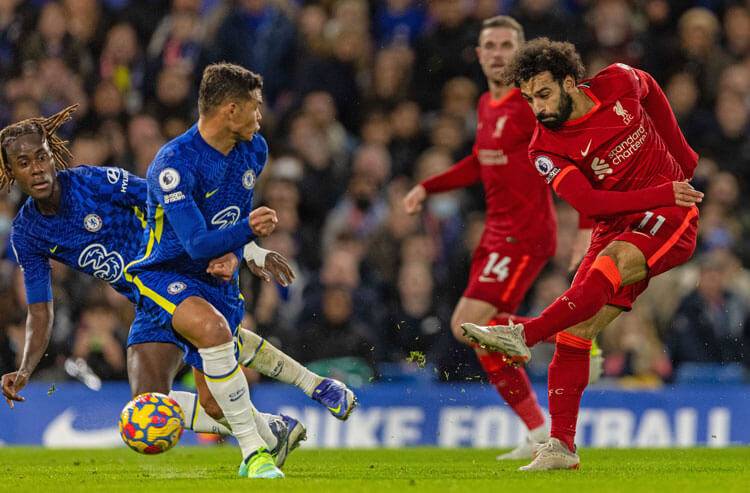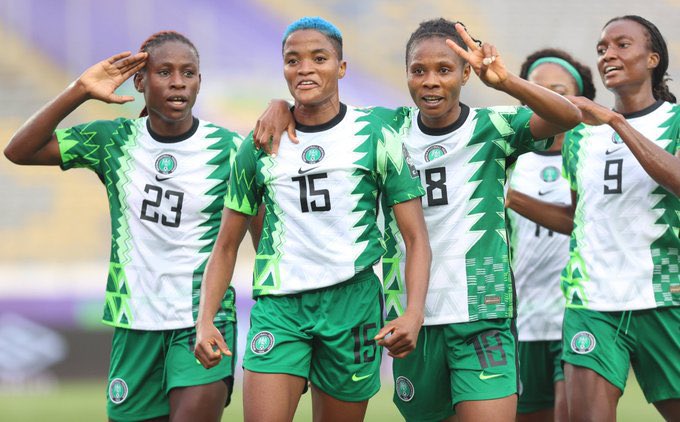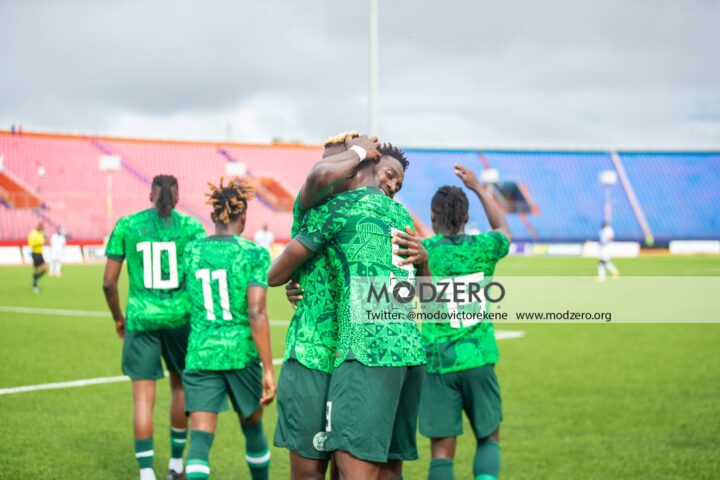Qatar says only vaccinated fans will be allowed at World Cup 2022
Amnesty International (AI) says FIFA and Qatar government are yet to establish “an effective and accessible scheme” of justice for migrant security workers exploited at the 2022 FIFA World Cup.
In a recent statement, Steve Cockburn, AI’s head of economic and social justice, said FIFA must proffer adequate solutions to alleged human rights abuse during the tournament.
The FIFA 2022 World Cup was hosted in Qatar from November 20 to December 18.
Amnesty said new research reveals that serious labour abuses occurred at the World Cup and were not adequately addressed.
Advertisement
The organisation said several migrant workers who worked as security guards at competition venues suffered a range of work-related harms and abuses.
Amnesty spoke to 22 men from Nepal, Kenya and Ghana who were contracted to Teyseer Security Services, a Qatar-based company, and they alleged suffering exploitations such as unlawful recruitment fees and being given misleading statements about the terms and conditions of their employment.
“At the end of their temporary contracts, workers said they had no option but to return home, effectively denying them recourse to any remedy or compensation,” Amnesty said.
Advertisement
“For its research, Amnesty International spoke to 22 men from Nepal, Kenya and Ghana, who were among thousands of migrant workers employed on short-term contracts by Teyseer.
“Amnesty International reviewed employment contracts, job offer correspondence and audio-visual materials, including voice records of communications between workers and recruitment agents, and scrutinised information pertaining to other workers who were previously interviewed by the human rights group Equidem, which corroborate allegations that many others experienced similar abuses.”
‘UNLAWFUL RECRUITMENT CHARGES AND FALSE PROMISES’
Amnesty alleged that most of the workers incurred exorbitant “recruitment-related costs”, which included agency fees, medical assessment and the money spent on “a two-week training programme in their home countries”.
Advertisement
The organisation claimed Teyseer Security failed to reimburse the money to most workers despite “job offer letters that confirmed that the company would bear all recruitment-related costs”.
“Marcus, from Ghana, 33, who works to support his siblings and paid nearly US$400 in recruitment costs, said: ‘I had to take out a loan to pay for the expenses to travel to work in Qatar during the World Cup. I am still paying it, what I earned was not enough,'” the statement reads.
“All of the workers interviewed said that the Teyseer’s representatives, or recruitment agents who supplied the company, made false promises such as suggesting that they could take up more senior roles and earn an extra US$275 a month, or stay and work in Qatar beyond the three-month contract period, or earn potential bonuses. Once in Qatar, however, nothing materialised.
“Richard, 24, from Ghana, who worked at a training ground for one of the football teams in the competition, said: ‘I lost because I paid almost US$700 before going there. I only received about US$1,500, so I only made US$780. I would get more than that if I had stayed in Ghana. I lost my job as a result [of going], so I came back with little money and no job.’
Advertisement
“All of the workers interviewed said that the Teyseer’s representatives, or recruitment agents who supplied the company, made false promises such as suggesting that they could take up more senior roles and earn an extra US$275 a month, or stay and work in Qatar beyond the three-month contract period, or earn potential bonuses. Once in Qatar, however, nothing materialised.”
‘EXCESSIVE WORKING HOURS’
Advertisement
Amnesty alleged most workers interviewed said they worked “12 hours every day and worked for up to 38 consecutive days without a day off, or adequate pay to reflect this extra work, which breaches Qatari law”.
“Their duties often required them to stand for many hours without sitting down, and to deal with large crowds after matches without adequate training and support,” Amnesty said.
Advertisement
“Kiran, 26, from Nepal, who worked as a marshal at the Souk Waqif metro said: ‘It was a tough job because there was one metro [station] in the area and too much of a crowd. I had to stand for ten to 12 hours a day… just resting our back on the barricades. At times we felt scared because it was too busy, and people were pushing.'”
Amnesty added that the workers protested the exploitation. However, they allegedly received threats instead of compensation.
Advertisement
“Some told Amnesty International they reported their treatment on the World Cup Grievances Hotline in November but that no action was taken. One worker said a manager threatened to fire him and others in retaliation for complaining and warned them not to report issues again,” the statement reads.
“Days before their contracts expired in early January, hundreds of marshals staged a protest demanding their dues, including unpaid overtime and a bonus they said had been promised on completion of their duties.
“Following this protest, workers said that representatives of both Teyseer and the government promised they would be compensated, a pledge that has not been honoured.”
“According to some of those interviewed, Teyseer representatives threatened unspecified “action” if the men failed to leave Qatar on flights arranged by the company or were told they would have to pay for a new air ticket. The men said hundreds had to leave Qatar without compensation.”
On his part, Steve Cockburn criticised FIFA and Qatar government for failing to effectively investigate the issue, adding that “the workers have waited too long for justice”.
However, Teyseer Security denied the allegations, saying it followed an “ethical recruitment process” and took measures to protect workers’ rights on World Cup sites.
FIFA said due diligence was conducted on Teyseer but acknowledged there were “different perceptions and views” on the experience of the company’s workers. The federation said further clarification will be sought on the issues raised.
Add a comment






